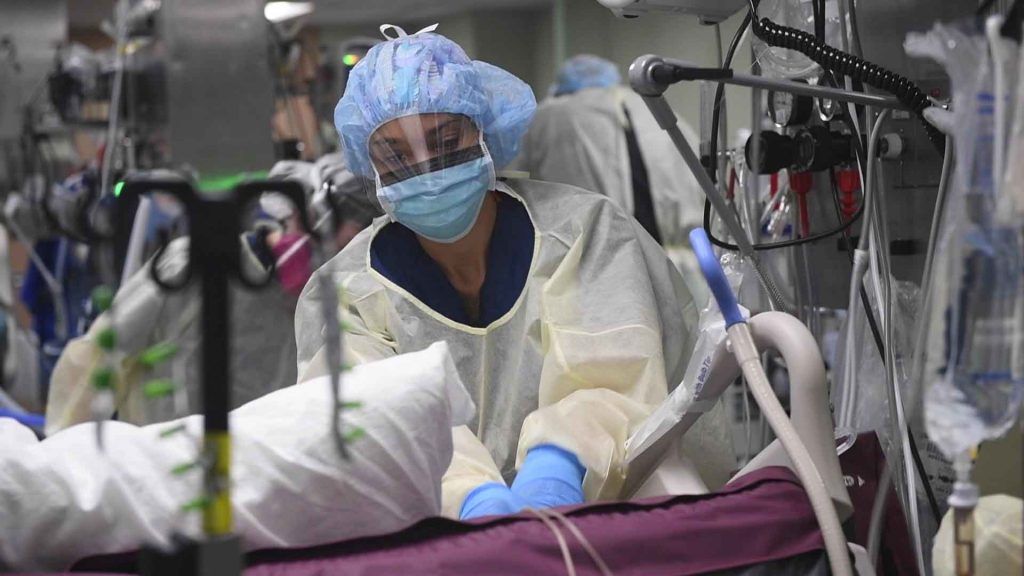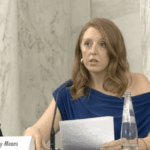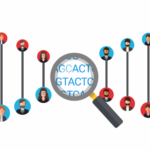Scientists weigh in on the challenges and opportunities of high-risk pathogen research around the world
By Matt Field | May 28, 2024
 A nurse cares for a patient on a US Navy hospital ship during the COVID-19 pandemic. Credit: US Navy.
A nurse cares for a patient on a US Navy hospital ship during the COVID-19 pandemic. Credit: US Navy.
The COVID pandemic illustrated the grave, global threat that a novel pathogen can pose. It also brought to the fore an uncomfortable idea that had long circulated in some corners of the life sciences: that modern experimental techniques, including research that creates more transmissible or virulent pathogens to understand disease better, could pose their own threat to human health. There is no firm evidence that this sort of work—often labeled as “gain of function”—led to the COVID pandemic, which emerged near an epicenter of bat coronavirus research, but the pandemic nonetheless has put techniques like those used at China’s Wuhan Institute of Virology and other biosafety labs under the spotlight.
The US Congress has been holding hearings with scientists and science funders involved in these pursuits. Countries have been reforming or implementing changes to their biosecurity policies. And entities, including the Bulletin, have convened scientists and other researchers to examine the ethical and technical aspects of how high-consequence pathogen research is conducted and to explore how oversight of such research might be reformed.
For this commentary package, the Bulletin has asked researchers involved in a Bulletin-organized task force known as the Pathogens Project to weigh in on these issues and highlight gaps in biosecurity, biosafety, and other areas related to pathogen research that might otherwise be overlooked. Their responses are below. Additional responses will be published as they are ready.
Together, we make the world safer.
The Bulletin elevates expert voices above the noise. But as an independent nonprofit organization, our operations depend on the support of readers like you. Help us continue to deliver quality journalism that holds leaders accountable. Your support of our work at any level is important. In return, we promise our coverage will be understandable, influential, vigilant, solution-oriented, and fair-minded. Together we can make a difference.
Topics: Biosecurity
















By Shahid Jameel
The risks of underdeveloped biorisk management policies in pandemic hotspots
By Anurag Agrawal
TB studies illustrate the importance of properly assessing the risks of pathogen research
By Tom Kariuki, Denis Chopera
To protect global health security, Africa needs more pathogen research labs
By Weiwen Zhang, Leifan Wang
Scientists are the best judge of research risks, but they need support
By David Heymann
An approach to making risky research with pathogens safer
By Nisreen AL-Hmoud
Middle East and North African countries need better rules for gain of function pathogen research
By Sandra Lopez-Verges
How international labs could prevent leaks—and produce cutting-edge pathogen research